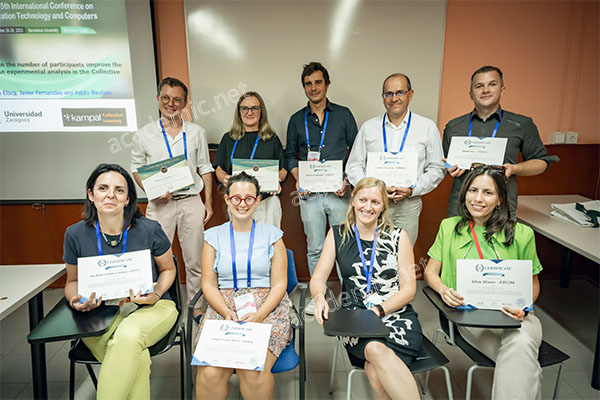Essential Tips for Attending Academic Conferences

1. Prepare Your Research and Presentation
Whether you're presenting your own research or attending to learn, thorough preparation is crucial. If you're giving a presentation, rehearse multiple times and refine your slides. Make sure you can confidently discuss your research and answer potential questions. Having a clear and concise presentation will help you leave a lasting impression.
2. Create a Networking Strategy
Networking is one of the primary benefits of attending academic conferences. Research the attendees and speakers in advance, and identify the key people you'd like to meet. Prepare a brief introduction about yourself and your work, and don't hesitate to ask questions or engage in discussions with other attendees. Networking can lead to future collaborations, job opportunities, and a stronger presence in your academic community.
3. Attend Key Sessions and Workshops
Conferences offer a wide range of sessions, workshops, and talks. Prioritize the sessions that align with your research interests or professional goals. Attending these sessions will keep you informed about the latest research trends and developments. Workshops can provide hands-on experience and practical knowledge, adding value to your conference experience.
4. Stay Organized and Manage Your Time
With so many sessions and events happening at once, it’s easy to feel overwhelmed. Make a schedule in advance and stick to it. Use a conference app or digital calendar to keep track of events, sessions, and meetings you want to attend. This will ensure you make the most of your time and don’t miss any important opportunities.
5. Engage on Social Media
Many academic conferences now have an online presence, and social media platforms such as Twitter or LinkedIn are great tools to engage with the community. Use the conference hashtag to share insights, ask questions, and interact with other participants. This can increase your visibility and expand your network beyond the physical conference space.
6. Follow Up After the Conference
Once the conference is over, don’t let your connections fade away. Send follow-up emails to the people you met, thanking them for their time and continuing the conversation. A thoughtful follow-up can solidify new professional relationships and open doors for future collaboration.
By following these tips, you'll be well-equipped to make the most of your academic conference experience. Whether you're presenting your work or learning from others, these strategies will help you gain valuable insights, expand your network, and set the stage for future success. For further resources on academic conferences, visit academic.net.
